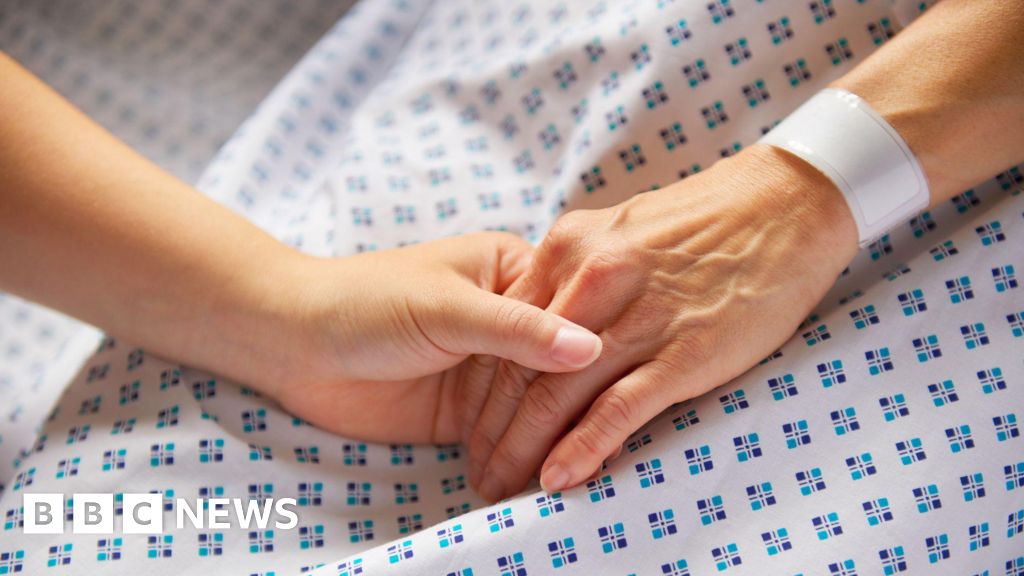Maternal antibodies passed across the placenta can interfere with the response to the malaria vaccine, which would explain its lower efficacy in infants under five months of age, according to research led by the Barcelona Institute for Global Health (ISGlobal), in collaboration with seven African centers (CISM-Mozambique, IHI-Tanzania, CRUN-Burkina Faso, KHRC-Ghana, NNIMR-Ghana, CERMEL-Gabon, KEMRI-Kenya). The findings, published in Lancet Infectious Diseases, suggest that children younger than currently recommended by the WHO may benefit from the RTS,S and R21 malaria vaccines if they live in areas with low malaria transmission, where mothers have less antibodies to the parasite.
The world has reached an incredible milestone: the deployment of the first two malaria vaccines -RTS,S/AS01E and the more recent R21/Matrix-M- to protect African children against malaria caused by Plasmodium falciparum. Both vaccines target a portion of the parasite protein called circumsporozoite (CSP) and are recommended for children aged 5 months or more at the moment of the first dose.
“We know that the RTS,S/AS01E malaria vaccine is less effective in infants under five months of age, but the reason for this difference is still debated,” says Carlota Dobaño, who leads the Malaria Immunology group at ISGlobal, a centre supported by “la Caixa” Foundation.
To investigate this, Dobaño and her team analysed blood samples from more than 600 children (age 5-17 months) and infants (age 6-12 weeks) who participated in the phase 3 clinical trial of RTS,S/AS01E. Using protein microarrays, they measured antibodies against 1,000 P. falciparum antigens before vaccination to determine if and how malaria exposure and age affected IgG antibody responses to the malaria vaccine.
“This microarray approach allowed us to accurately measure malaria exposure at the individual level, including maternal exposure for infants and past infections for older children,” says Didac Maciá, ISGlobal researcher and first author of the study.
The role of maternal antibodies
The analysis of antibodies to P. falciparum in children who had received a control vaccine instead of RTS,S/AS01E revealed a typical “exposure” signature, with high levels in the first three months of life due to the passive transfer of maternal antibodies through the placenta, a decline during the first year of life, and then a gradual increase as a result of naturally acquired infections.
In children vaccinated with RTS,S/AS01E, antibodies induced by natural infections did not affect the vaccine response. However, in infants, high levels of antibodies to P. falciparum, presumably passed from their mothers during pregnancy, correlated with reduced vaccine responses. This effect was particularly strong for maternal anti-CSP antibodies targeting the central region of the protein. Conversely, infants with very low or undetectable maternal anti-CSP IgGs exhibited similar vaccine responses as those observed in children.
The molecular mechanisms underlying this interference by maternal antibodies are not fully understood, but the same phenomenon has been observed with other vaccines such as measles.
Overall, these findings confirm something that was already suspected but not clearly demonstrated: despite their protective function, maternal anti-CSP antibodies, which decline within the first three to six months of life, may interfere with vaccine effectiveness. The higher the level of malaria transmission, the more maternal antibodies are transmitted to the baby, resulting in lower vaccine effectiveness. These findings further suggest that infants below five months of age may benefit from RTS,S or R21 vaccination in low malaria transmission settings, during outbreaks in malaria-free regions, or in populations migrating from low to high transmission settings.
“Our study highlights the need to consider timing and maternal malaria antibody levels to improve vaccine efficacy for the youngest and most vulnerable infants,” says Gemma Moncunill, ISGlobal researcher and co-senior author of the study, together with Dobaño.
This study was supported by the National Institute of Allergy and Infectious Diseases, part of the National Institutes of Health through grants R01AI095789 and U01AI165745.



